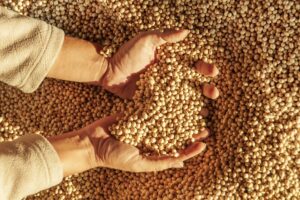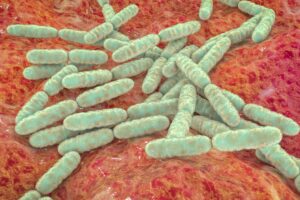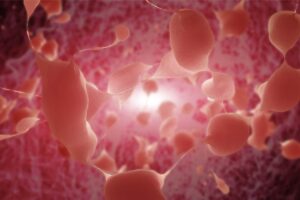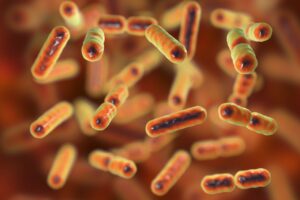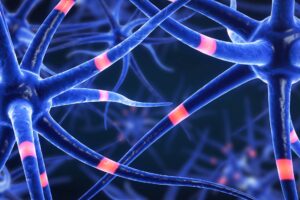Neuroscience
Neuroscience
Specific strains of the gut commensal Faecalibacterium prausnitzii may help ease the cognitive difficulties associated with Alzheimer’s disease. A new study published in Cell Reports Medicine claims.
Neuroscience, Pediatrics
New therapeutic approaches that target the gut-microbiota-immune-brain axis could help to protect preterm infants from brain injury. A new study published in Cell Host & Microbe claims.
Neuroscience
Specific changes in the gut microbiota could contribute to disruptions in brain physiology and cognitive behavior. This process leads to cognitive impairment. A new study published in Cell Host &…
Neuroscience, Nutrition
An isoflavone diet enables the proliferation of specific gut bacteria that can improve multiple scleroris disease outcomes.
Neuroscience
The discovery of a specific neuronal pathway that responds to signals from the gut may enable interventions to modulate social behavior.
Gastroenterology, Neuroscience
Gut microbes contribute to symptoms associated with neurological conditions. New microbe-inspired therapies could be develop to treat such conditions.
Gastroenterology, Neuroscience
The alterations in gut microbial composition could play a role in the gastrointestinal complications associated with Parkinson’s disease.
Neuroscience
IL-17 molecules from the gut can influence autoimmune diseases in the central nervous system by regulating the gut microbiota.
Gastroenterology, Neuroscience
Researches have found that MDD is characterized by disturbances in the gut microbiota and may allow clinicians to better diagnose it.
Gastroenterology, Neuroscience
People with active multiple sclerosis have high levels of particular gut antibodies, called immunoglobulin A (IgA), in the central nervous systems.



